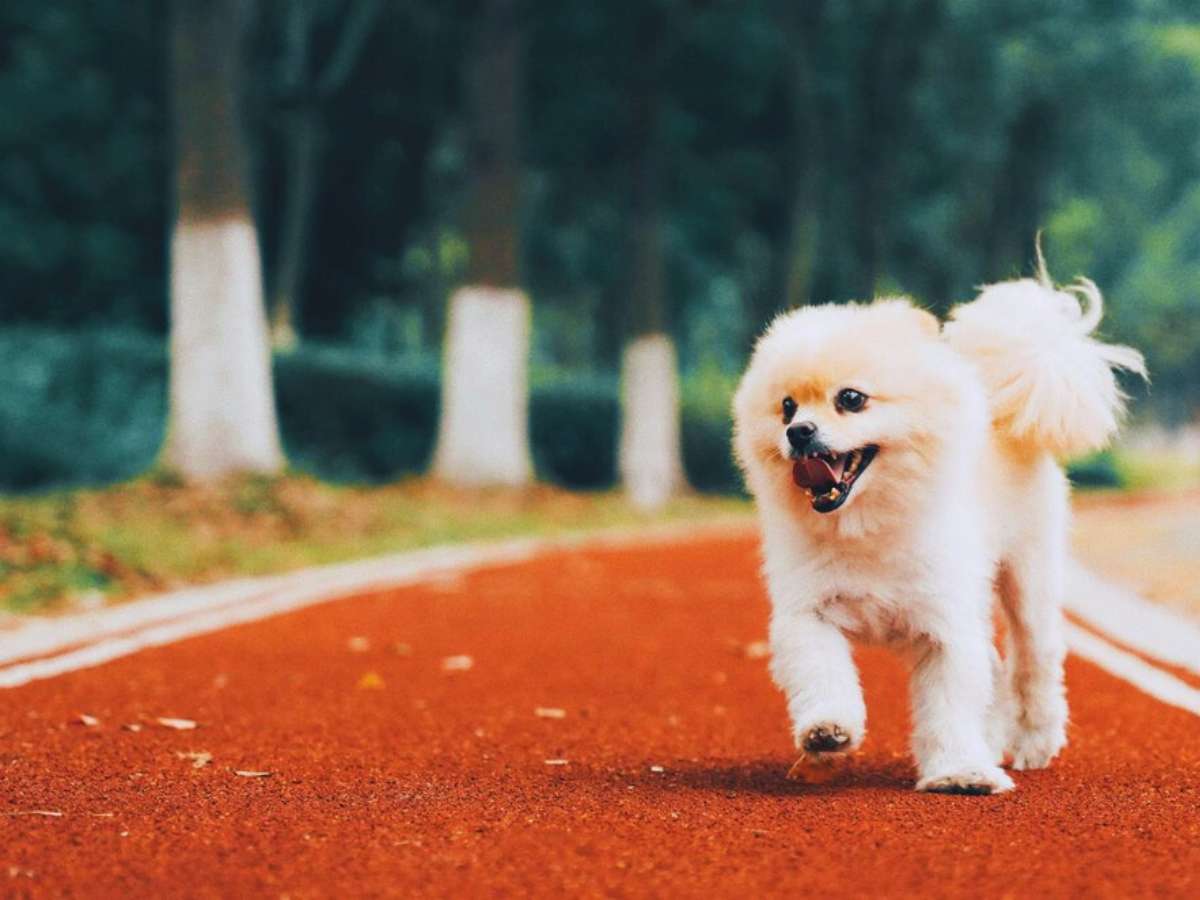Undescended Testicles: A Hidden Problem in Dogs
Article - 5 min read • Updated Nov 26, 2024
Medically reviewed by Dr. Claire Tan, BVSc (Qld.), BAppSc (Qld.)

This is a condition known as cryptorchidism, a potentially dangerous condition but can be treated if it is diagnosed early.
1. What is Cryptorchidism?
This condition describes dogs that have one or both testicles which are undescended. This means they are not where they should be i.e. in the scrotum.
At birth, the testicles reside in the puppy's abdomen near the kidney area. By about 2 months old, the puppy's testicles should migrate into his scrotum, which is their rightful and final destination.
That said, sometimes the testicles can be retained in the abdomen or stuck in the passage which facilitates testicular descent in normal cases. That passage is known as inguinal canal.
If only one testicle is retained, the condition is described as unilateral cryptorchidism.

2. What Are The Signs of Undescended Testicles?
In puppies, if testicles cannot be felt in the scrotum by 6 months of age, cryptorchidism is presumed.
If the testicles are stuck in the inguinal canal, your vet may be able to feel them during a physical examination and diagnose this condition.
But, abdominal cryptorchidism (where testicles are in the abdomen) cannot be felt. The exact locations of the testicles may be confirmed via x-ray or ultrasound.
3. What's The Worse That Can Happen?
Often, pet owners don't discover this condition until a complication develops. Especially in cases of older dogs that are adopted, and assumed to have been neutered.
A possible complication is testicular torsion, where one or both testicles are twisted on the connective tissue. This causes the dog a lot of pain and it is an acute condition.
Worse, dogs with cryptorchidism are 10 times more likely to develop testicular cancer. Why? Because the testicles, instead of descending, are stuck in the abdomen or inguinal canal and is subject to higher temperature environment compared to the cooler scrotum which is outside of the body.
This also means that dogs with this condition, with both testicles undescended, are generally less fertile.
4. What Causes Undescended Testicles?
It is a genetic condition that gets passed down but the exact cause is still unknown. Often seen in families e.g. siblings can have the same condition.
5. Any other risk factors for Cryptorchidism?
This condition affects 1 - 3% of dogs and can happen to any dog but the miniature breeds seem to be at higher risk. Examples include Yorkshire Terriers, Toy Poodles and Pomeranians etc.
6. What Can I Do About This?
Sterilise your dog! Surgically removing retained testicles will prevent occurrence of testicular torsion or testicular cancer. Doing this also avoids passing down this genetic disorder to the next generation. Dogs with cryptorchidism also should not be bred.
If you are a first-time pet owner or bringing puppies home, it is best to bring them for a health check so your vet can examine them for any issues.

7. Is this a condition exclusive to dogs?
No, cats can have cryptorchidism too. The only difference for cats is that their testicles normally drop into place, i.e. the scrotum, before birth. Treatment is the same in cats, i.e. neutering is necessary.
If you need more information, do book a consult with our experienced vets. Call us at 6950 4533 (Jalan Besar) or 6727 7511 (Parksuites, Holland Grove Rd).
RELATED ARTICLES